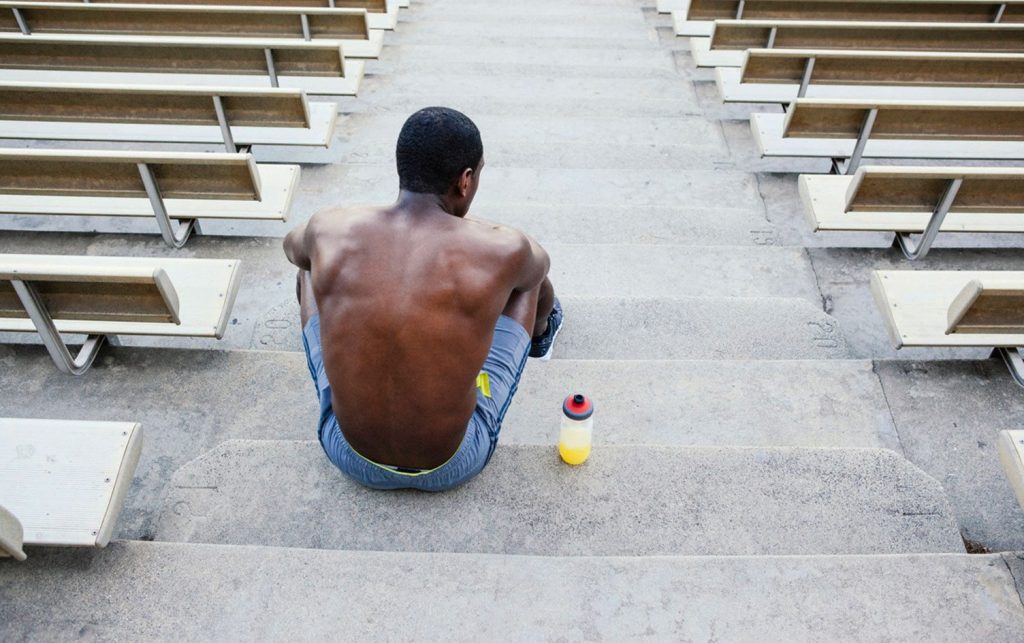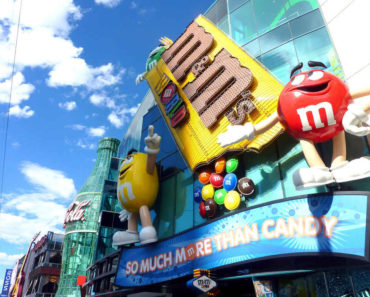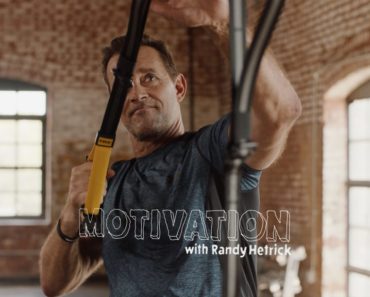
It’s that time of year when more emphasis is put on staying hydrated and drinking plenty of water. We are advised to keep a water bottle on hand, especially when doing activities outside in the sun and heat and to maintain a normal body temperature, among other important functions.
When it comes to hydration, remember water isn’t your only option! What you eat throughout the day can also help you get the fluids you need in order to avoid the chronic dehydration that plagues most Americans.
EAT YOUR FRUITS AND VEGGIES
Remember that saying, you are what you eat? More than 60% of our body is made up of water — and in this case, if you eat certain fruits and vegetables, you’ll get a boost of that fluid.
“The foods with the highest water content are fruits and vegetables,” explains nutrition coach Brandice Lardner. “Water content is one of the reasons that fruits and vegetables are less calorically dense than other foods, as water increases volume but does not contribute to overall calories.”
When it comes to choosing which to eat for hydration purposes, Lardner divulges that cucumbers, celery, lettuce, melons and berries have the highest water content. However, those aren’t your only options. Diane Boyd, RD, LDN, consulting dietitian at Cape Fear Sports Enhancement, adds that other foods that are good sources of water include yogurt, milk and chocolate milk.
READ MORE > TASTY HYDRATION METHODS THAT GO BEYOND WATER
There is no right way to prepare these foods, however, cooking them does reduce the amount of water they contain.
“For the most hydration, eat these foods raw,” notes Lardner. “However, if you prefer cooked veggies, just have a glass of water with your meal.”
GETTING YOUR ELECTROLYTES
When it comes to choosing what to drink, water is the go-to for staying hydrated. However, if you are an athlete, it shouldn’t be the only thing you consume. You need to replenish your electrolytes to get enough sodium, which is an element of hydration, as well.
“Water alone is not enough for individuals running or participating in any physical exertion that lasts longer than one hour,” notes Boyd. “Extended work in the heat requires both fluid and electrolytes, particularly sodium.”
This is where sports drinks and gels or bars come into play. Lardner adds that this recommendation is based only on hydration and not performance.
You want to take extra precautions during the summer months, of course, but still need to replenish the fluids lost from sweating no matter the season. Of course, eating foods that have high water content can help with your day-to-day hydration, but sports drinks help you get those added vitamins and minerals you lose during physical activity.
“It’s important to point out that fluid needs are highly individualized,” stresses Boyd. “Individuals lose water at different rates and customizing replacement can be accomplished by calculating your sweat rate by weighing yourself before and after exercise.”
WHAT TO CONSIDER ABOUT ALCOHOL AND CAFFEINE
Just as there are foods and drinks that can help aid hydration and replenish losses of sodium, there are foods that can speed up dehydration. The beverage that most dietitians note as most dehydrating is alcohol. Boyd explains alcohol is a diuretic, meaning it increases your fluid loss. When drinking alcohol, having water between each beverage helps your body regulate the losses.
READ MORE > IS BEER ACTUALLY A GOOD RECOVERY DRINK?
For quite a long time, caffeine was blamed for dehydration, too, because it is also a diuretic. However, this has been proven to be a myth.
“While caffeine may cause you to excrete more water, it does not affect your overall hydration status as once believed,” assures Lardner. “In essence, you may excrete more water but you are also consuming water in your caffeinated drink.”
Though it won’t cause dehydration, you should still limit your consumption because it can have other negative impacts on the body, such as decreasing your sleep. Because of this, Lardner recommends having no more than 400mg of caffeine per day.
When it comes to being hydrated, it is important to know it should be a regular state for your body. This is especially important for athletes to recognize.
“It is important to know that you can not ‘fix’ dehydration by guzzling a bunch of water or sports drinks before a run,” concludes Lardner. “Hydration status is a state, and your overall performance and health will improve if you stay hydrated all of the time, whether it’s a run day or a rest day.”
The post Electrolytes and the Best Foods and Drinks for Hydration appeared first on Under Armour.
(via MyFitnessPal Blog)






